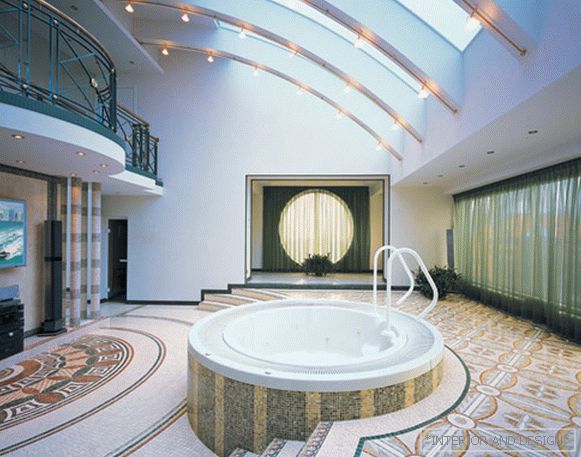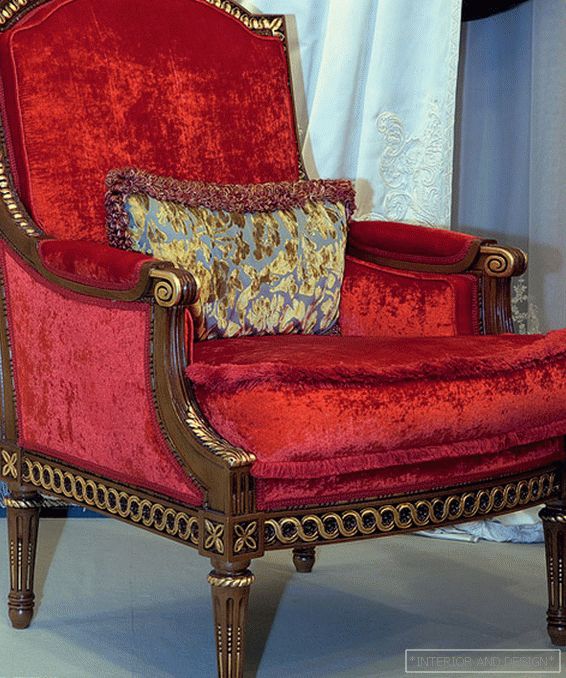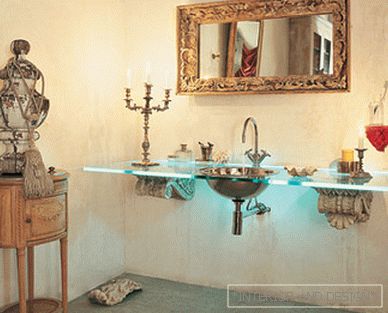Marquetry - a new fashion for old equipment
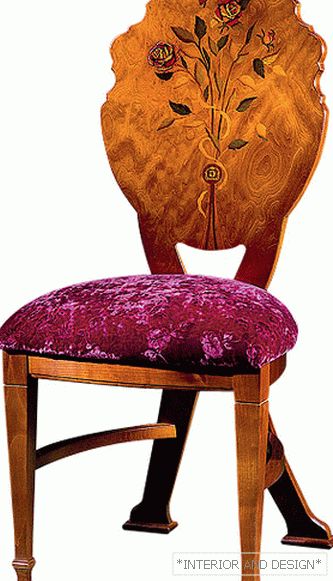
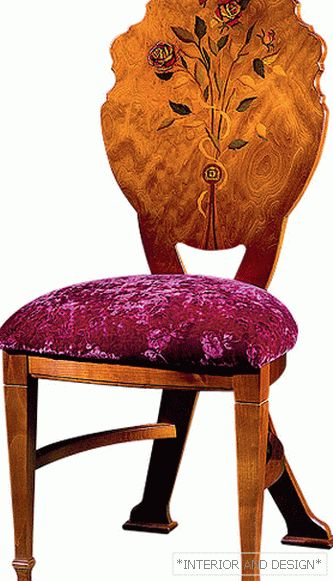
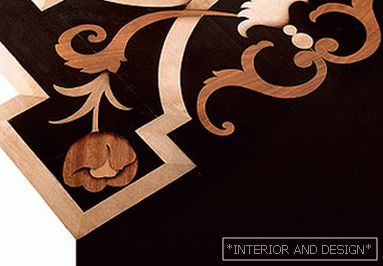
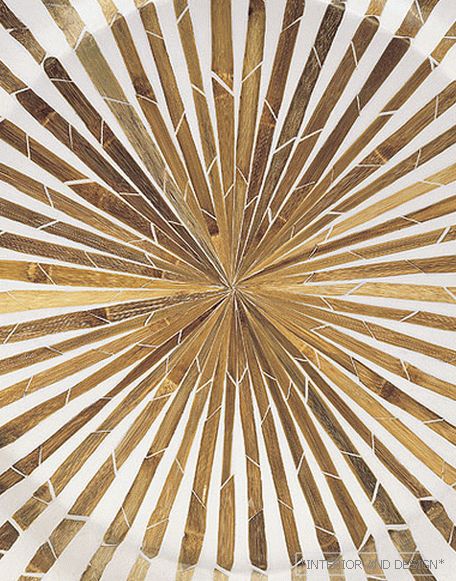
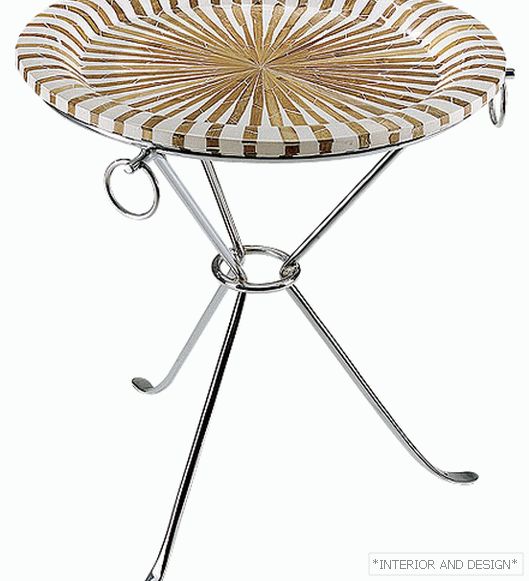
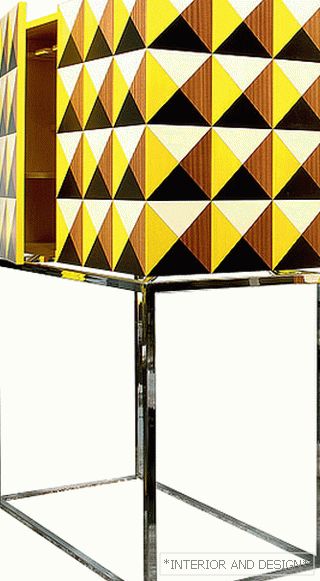
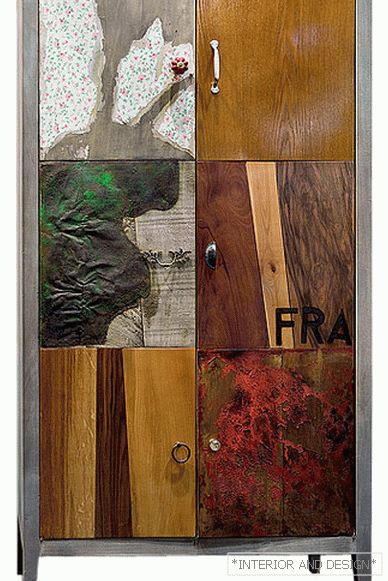
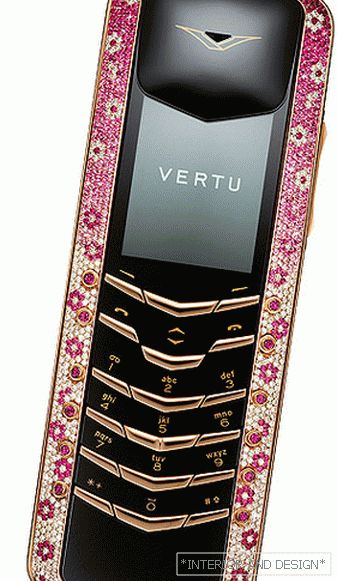
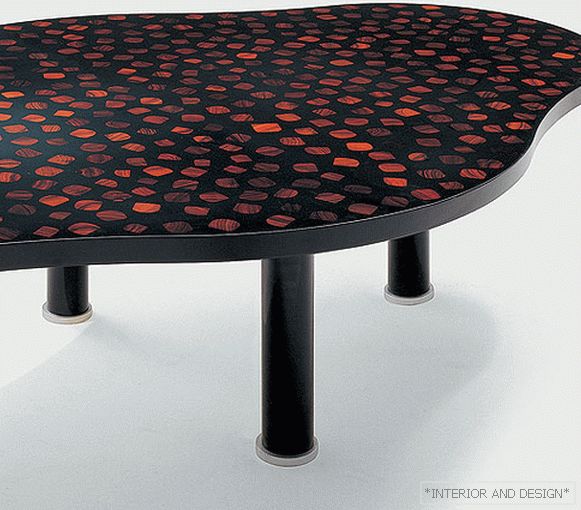
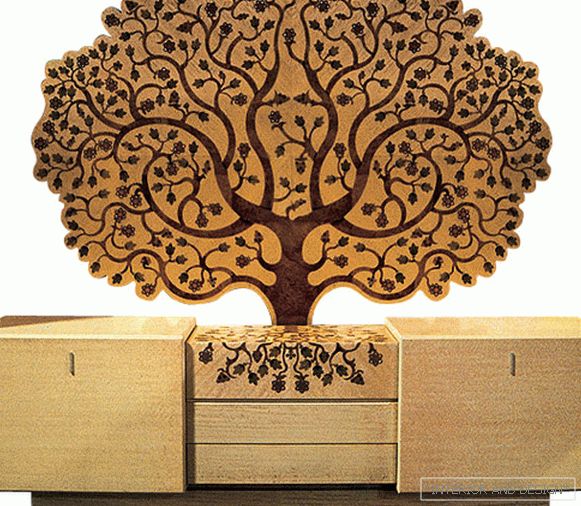
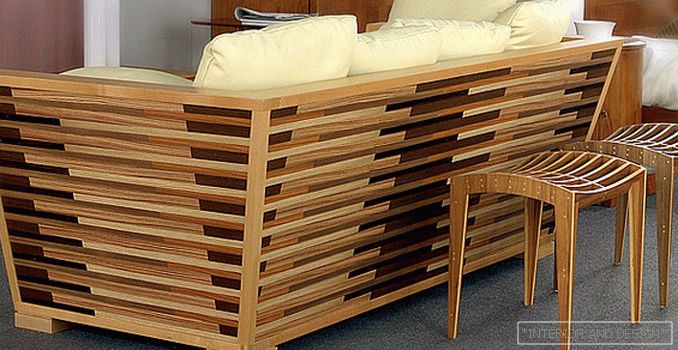
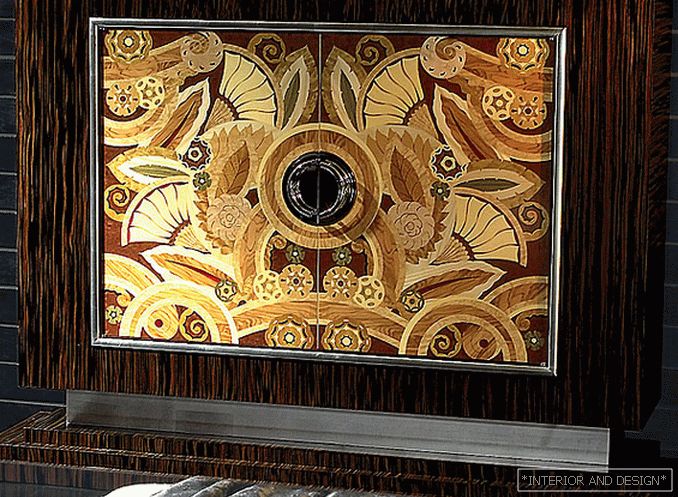
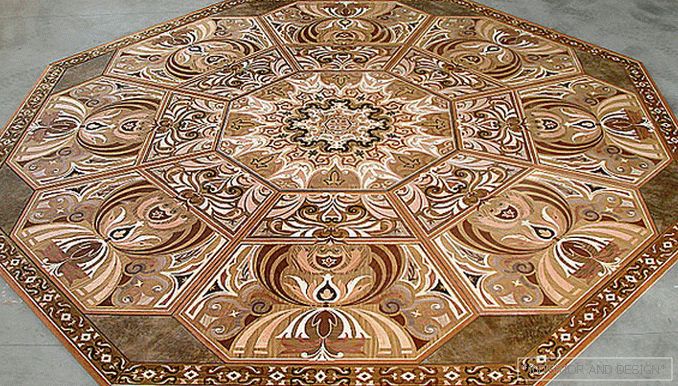
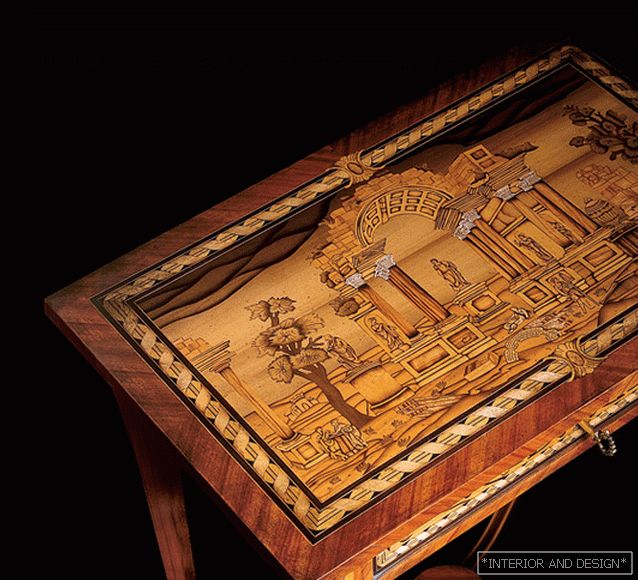
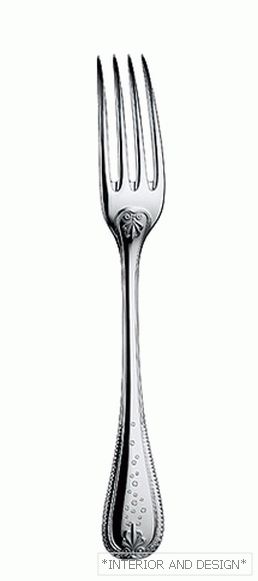 Passing the gallery
Passing the gallery Leading headings: Karina Chumakova
Magazine: N4 (126) 2008
Technique of marquetry, however banal it may sound, arose from a simple human desire to give a simple thing an expensive and solid look. Even in ancient Greece, furniture made of simple wood was covered with thin plates of noble wood - a technique similar to the currently common veneering. Marquetry is, in fact, veneering, only mosaic, using veneer of various breeds and colors.
In Europe, this technique became widespread in the Renaissance as an alternative to more labor-intensive intarsia, in which all elements of the pattern are not glued, but cut into the base, and then polished into one level. In intarsia, besides wood, traditionally, ivory, glass, metal and mother-of-pearl were used, and the manufacture of objects in this technique took months and years ...
Now intarsia and marquetry are experiencing a new peak of popularity, associated primarily with the attention to piece things, in which skill and work are obvious. In addition, these techniques allow the natural beauty of wood to be brought to the fore ... On the other hand, the modern arsenal of inlay has expanded due to the fashion of decorating things with crystals and precious stones - they are duly embedded into the surface to be decorated so that they can be used without fear.

